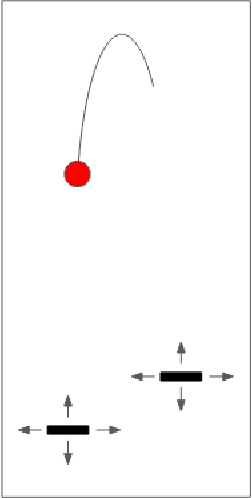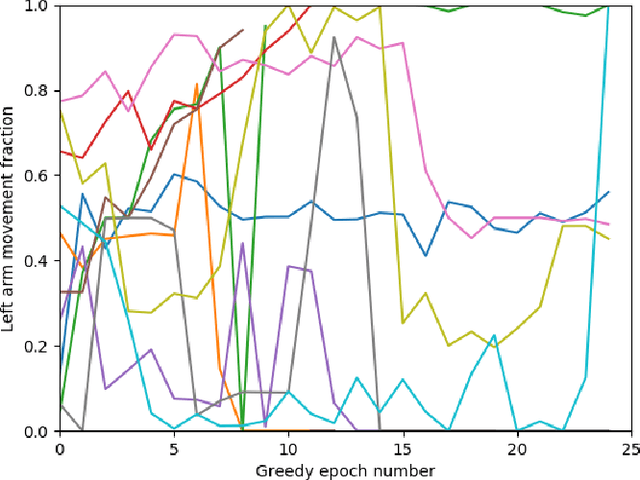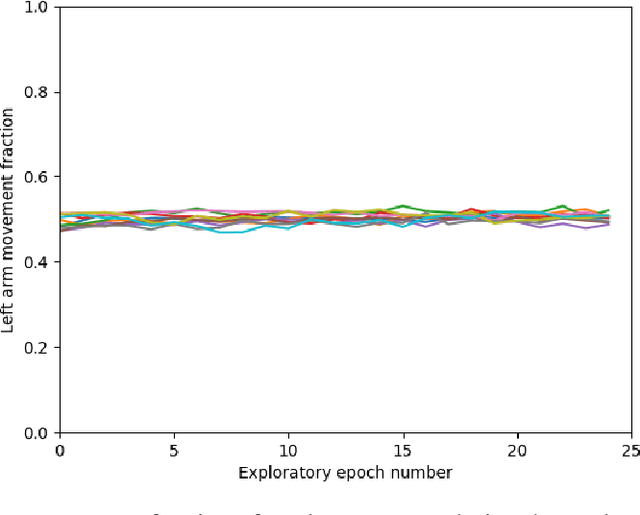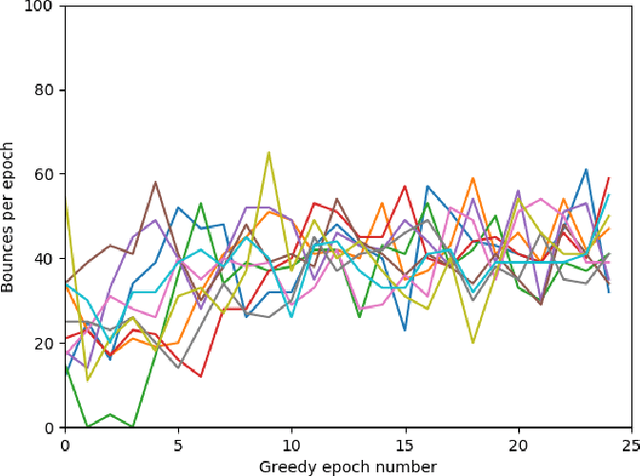Modeling Sensorimotor Coordination as Multi-Agent Reinforcement Learning with Differentiable Communication
Paper and Code
Sep 12, 2019



Multi-agent reinforcement learning has shown promise on a variety of cooperative tasks as a consequence of recent developments in differentiable inter-agent communication. However, most architectures are limited to pools of homogeneous agents, limiting their applicability. Here we propose a modular framework for learning complex tasks in which a traditional monolithic agent is framed as a collection of cooperating heterogeneous agents. We apply this approach to model sensorimotor coordination in the neocortex as a multi-agent reinforcement learning problem. Our results demonstrate proof-of-concept of the proposed architecture and open new avenues for learning complex tasks and for understanding functional localization in the brain and future intelligent systems.
 Add to Chrome
Add to Chrome Add to Firefox
Add to Firefox Add to Edge
Add to Edge